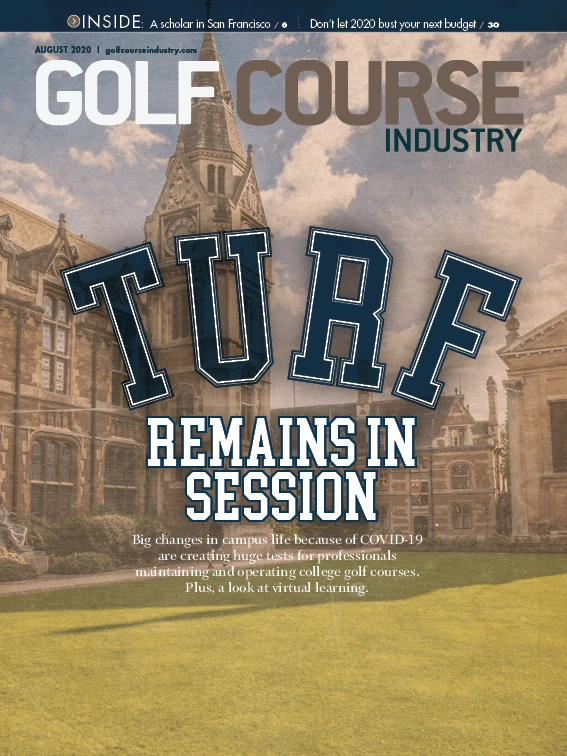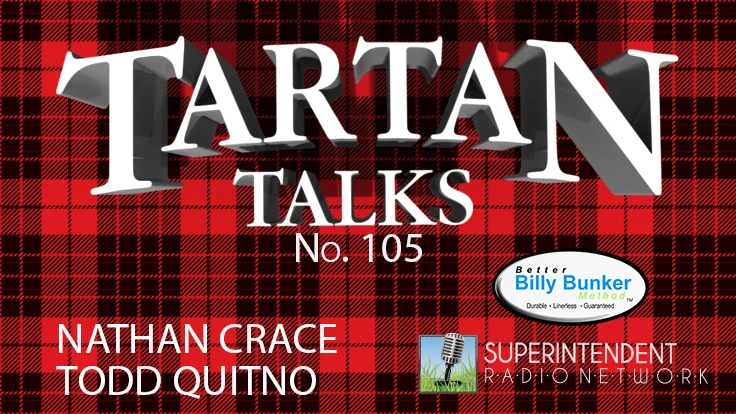
Millennials and Gen Z make up the largest representation in the United States workforce, nearly half. There’s plenty of competitive attributes that they can bring to the workforce - high energy, fast-paced, masters of technology and collaboration.
COVID-19 has disrupted the return to the classroom, which has opened the door for golf courses to fill both short-term and long-term needs. High school and college students are searching for jobs and exploring alternative career opportunities.
Due to hiring freezes resulting from the economic downturn, college students are seeking employment – even temporary assignments. They are applying for jobs outside of their majors, which creates an opportunity for golf.
Has the industry ever been positioned better to reframe the labor crisis? Golf courses across the country are tapping into this temporary labor pool.
However, if employers want to capitalize, they will have to adapt the work atmosphere to what this generation wants. That doesn’t mean you need to coddle them, but be flexible and willing to accommodate.
In nearly every interaction with this generation, start with why. They want to know purpose, and why each task is important to that purpose. Communication is vital to them as they seek feedback. In addition, incorporating their feedback into operations will encourage ownership.
Many retirees or older generations love the opportunity to coach and share wisdom. Building a mentor relationship will improve team cohesion, cross-train skills and break barriers.
Space is an intangible need of millennials. They can’t stand to be stuck in cubicles, because of their need to collaborate and trade information with peers. Your 200-plus acres of open space is an ideal environment for millennials to express their creativity and innovation.
Growing up with technology at their fingertips is a pain point for most golf course superintendents when dealing with millennials. However, introducing technology like moisture management with handheld sensors, digital job boards and drones to advance operations will keep them engaged.
One of the negative aspects of COVID-19 has been the reduction in labor budgets. Given this workforce loves work-life balance, you can structure operations based off a four- to six-hour work shift. Set a schedule to give people time off to minimize overtime, which should keep your general manager and controller happy.
Communicate the health and wellness benefits of working on a golf course. Millennials want an active lifestyle, which goes hand in hand with job requirements on golf course maintenance.
If we learned one thing this year, maintaining a golf course fits in essential business. This is a message employers must educate the general public about to continue building positive relations.
Implementing an apprenticeship program is a strategy that jives well with parents of youth. Sending their kids off to pursue careers with no practical experience is a poor $100,000 investment. Career advancement by earning a wage while they learn will enhance public perception. Students who enroll in apprenticeship programs maintain full-time employment with that company 90 percent of the time with zero college debt.
Universities and community colleges are holding virtual fairs for students interested in different industries. While there’s no guarantee you will find your next assistant, there’s a high probability you can provide a student direct access to business network at your facility.
As projects and capital improvements have been pushed off for 2020, consider working on your human capital plan. Here some other strategies to consider:
- Contact your local university or community college to participate in employer outreach programs
- Generate online referrals on LinkedIn for your existing students. You have to give before you get.
- Consider reaching out to career centers to post your openings as students and parents seek employment referrals
The golf course industry has been yearning for an overabundance of quality candidates to offset the labor shortage. Yes, there are some adaptations, personality and generational differences that need to be accounted for. Students do need a mentor willing to be flexible, but the payoff could be huge.

Explore the August 2020 Issue
Check out more from this issue and find your next story to read.
Latest from Golf Course Industry
- Schaffer’s Mill turns to Troon for management
- Talking Turf Weeds 13: Talking seasonal change with Heidi Burgess and Paul Marquardt
- Beyond the Page 65: New faces on the back page
- From the publisher’s pen: New? No way!
- Indiana course upgrades range with synthetic ‘bunkers’
- Monterey Peninsula CC Shore Course renovation almost finished
- KemperSports and Touchstone Golf announce partnership
- PBI-Gordon Company hires marketing manager Jared Hoyle





